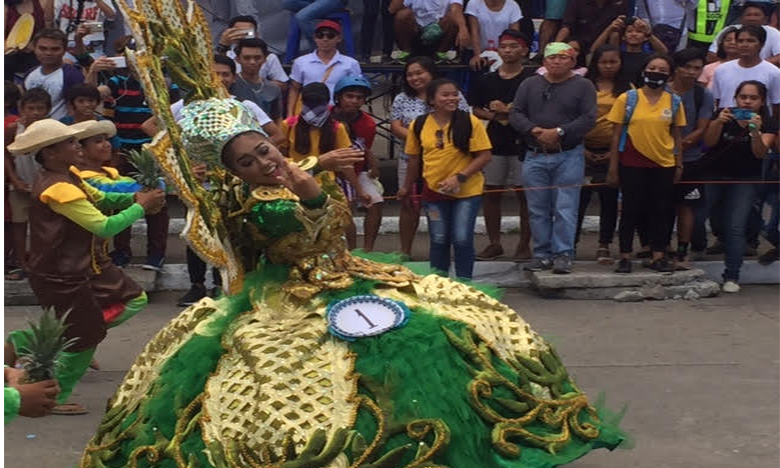By Robbie Pangilinan
When in Ormoc City, never miss tasting its famous Queen Pineapple that has a distinct sweetness. Recently, the unofficial city icon was given a fitting tribute in the first Piña Festival on June 25 with a jovial event that featured a street dancing competition, a ritual/showdown, and the crowning of the Festival Queen.
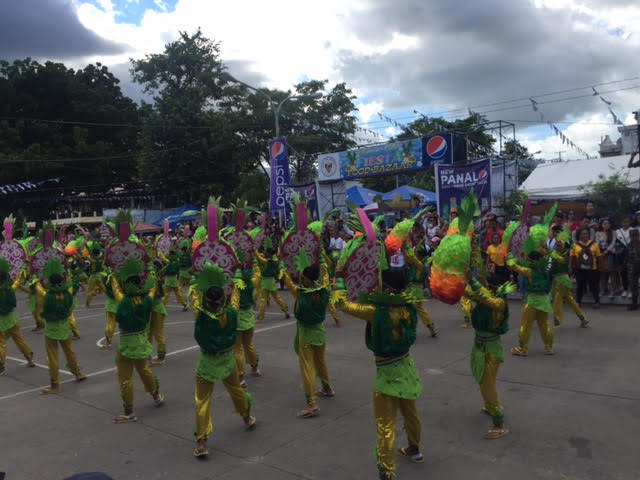
“Pinya is Ormoc’s pride. We want to celebrate our Queen Table Pineapple,” said Ormoc City Mayor Richard Gomez. Ormoc City Representative Lucy Torres-Gomez is proud that the pineapple is the star product of the city which gives the city an identity.
The SAL Pineapple Plantation is one of Ormoc’s tourist spots. Located in Brgy. Hibunawon and owned by the Locsins (family of the city vice mayor), visitors enjoy the view of hectare upon hectare of pineapples while eating slices of the freshly picked fruit from the plantation.
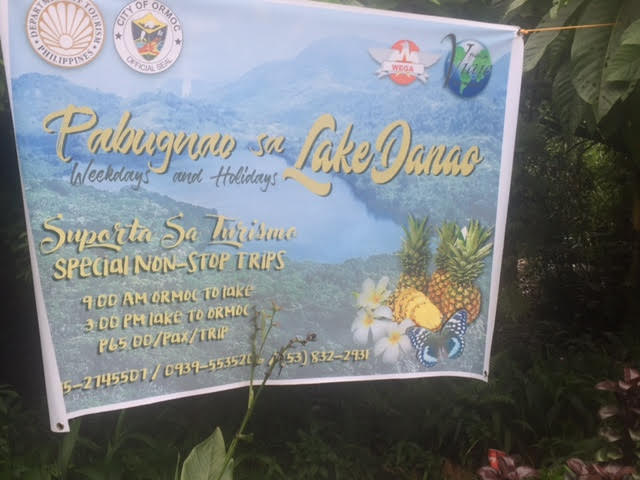

Besides enjoying the pineapples, there are lots to do and see in Ormoc, a first class city and the economic, cultural, commercial and transportation hub of Western Leyte.
The Tourism Office of the Ormoc City, with the help of Ms. Charo Lagamon, Corporate Communications Manager for Cebu Pacific and Michelle Lim, Corporate Communications Officer, gave us a trip in the city known as Beauty by the Bay.
Not to miss: Kalanggaman Island. It is a beautiful beach destination in the municipality of Palompon famous for its crystal clear calm water, white powdery sand and long sand bars. Back in 2013, MV Europa Cruise Line brought 400 passengers in the island who admired the beach for several hours. Since then, families and groups both local and foreign have been trooping to the 753-meter long, still uninhabitated island. The local tourism office only allows 500 visitors per day and there are no private resorts in the island. Overnight camping is allowed.
Guitar-shaped Lake Danao is also a good destination. The 148-hectare lake is inside the 2,193-hectare Lake Danao Natural Park. The Amandiwin mountain range is also in the park. The lake is cool, as it lies 2,130 feet above sea level. It is the source of potable water to at least seven towns in Eastern Leyte and of irrigation for ricelands in some municipalities.
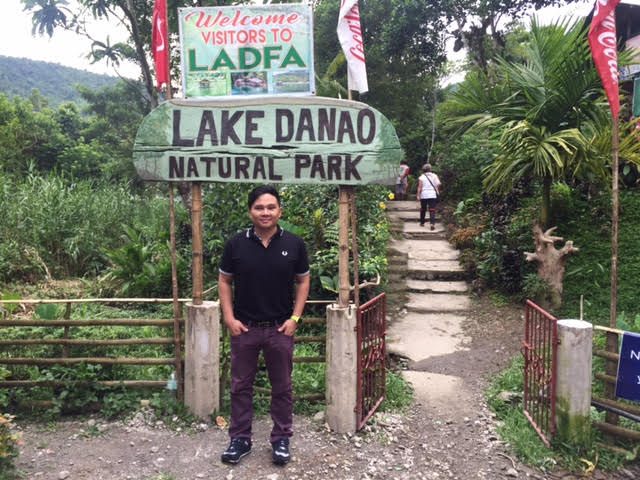
Ormoc is also the site of the world’s largest geothermal power plant under one roof, the Malitbog Geothermal Power Station which serves 10 million households in the Visayas region. The power plant is one of four operating in the Leyte Geothermal Production Field. Typhoon Yolanda damaged the plant but it was restored in January 2014.
Called the Smokey Mountains, five private major geothermal power plants and four optimization geothermal power plants are located here. They are operated by the Energy Development Corporation.
For a trip down memory lane, Ormoc has many places worth visiting. First is the oldest bridge in the city, Puente dela Reina or Bridge of the Queen. The cobblestone bridge was built in the 1800s and used as a docking area for sailboats, vintas of Chinese, Javans and Indonesians who visited the island frequently for trade.
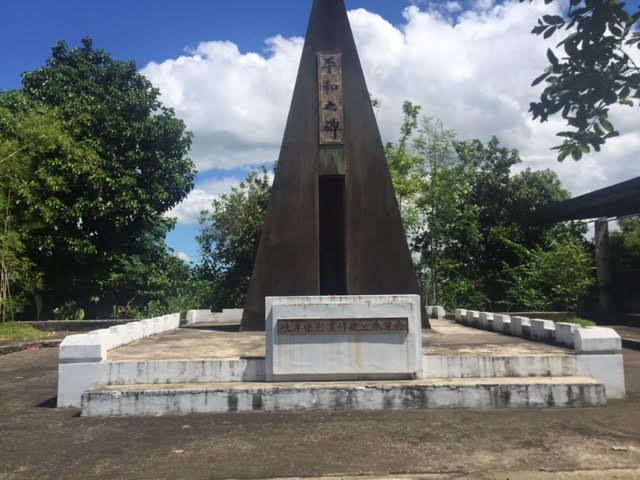
Next stop is the Saints Peter and Paul Parish, which would have been one of the oldest churches in the western portion of Leyte. Unfortunately, it was destroyed when the Americans thought the church was a Japanese hospital and bombed it in November 1944. The church was made of stone slabs and the dome ceiling was painted with religious icons and images. The church that stands in Ormoc now is the reconstructed parish.
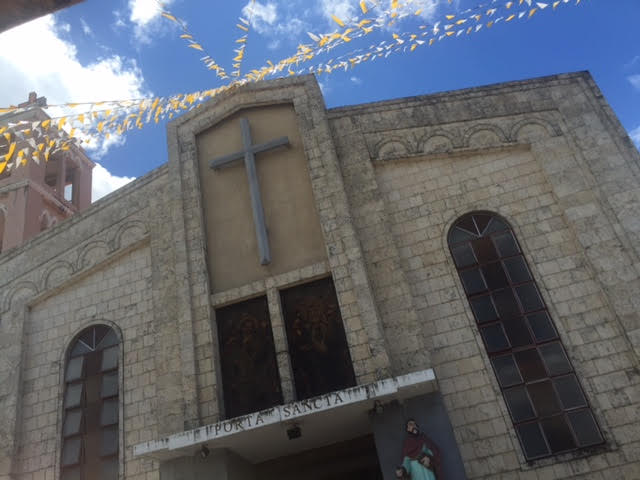
Do you know that some Ormocanos drink water from wells that were constructed in the Spanish time? The Agua Dulce Artesian Well is one of the six flowing wells constructed in the city during the Spanish time, three of them still exist.
Also visit these parks for both education and recreation: Veterans and Centennial Park, Philippine-Japan Peace Memorial the Flash Flood Memorial.
One can see the bay, the port and the plaza from the Centennial Marker which was erected in 1998, the 100th year of Philippine independence. Prior to that was the construction of the Veteran’s Park in the early 1990s as a tribute to the Filipino soldiers who fought for Leyte and the Philippines. The Philippine-Japan Peace Memorial Park was put up by the Nagoya and Gifu Prefectures as a token of friendship of Japanese and Filipinos after World War II.
A tragedy that struck Ormoc was the flashflood in November 5, 1991 that left 8,000 dead. The Flash Flood Memorial created by sculptor Francis Cinco of Calbayog, Samar is set atop the mass grave of the victims.
For the best of Ormoc food, visit Big Roys Restaurant and taste its specialty – the lamb adobo, pasta ala goma (named after Mayor Richard Gomez), and lamb kaldereta (wild boar). Owner Roy Pangilinan says the recipes come from his own family. For Filipino food with a twist, east at JO’s Milagrina restaurant. The 18-year-old restaurant adds a twist or new dishes to its menu every six months so that people always have something to look forward to. Sample the Milagrina Chicken Inato, the famous buko halo-halo, the green salad with sili daing with tomato dressing, apple potato chips and salted egg potato chips.
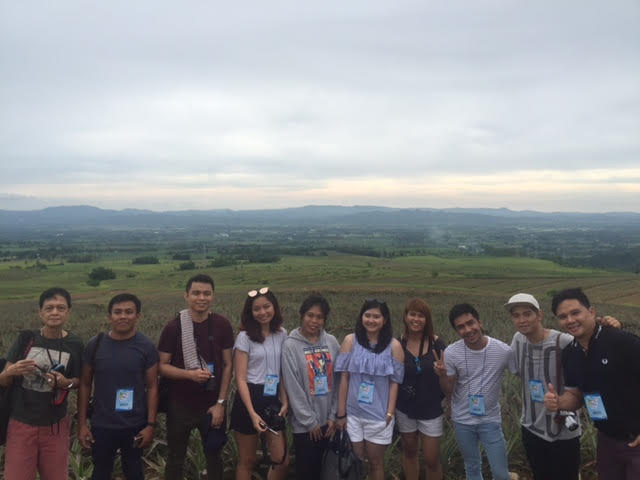
Visit Ormoc City and experience all these.

